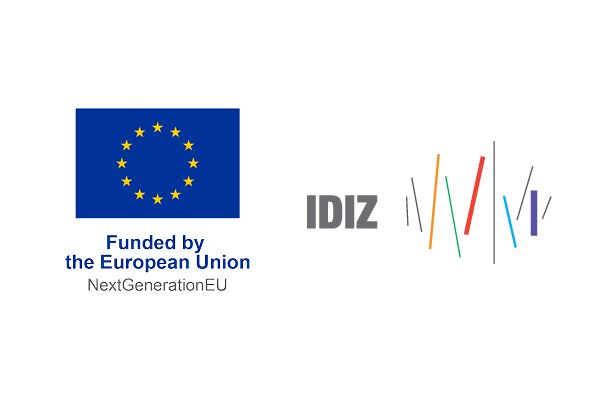Competitive research projects
National Panel Research of Secondary Schools - CIROscope
About project
Project basics
- Acronym: CIROscope
- Coordinator: Institute for Social Research in Zagreb
- Financed by: ISRZ Research Programme – Ministry of Science, Education and Youth via NextGenerationEU Fund, European Commission
- Duration: 1 January 2024 – 31 December 2027
Project description
Schools are a context in which it is important to pay attention to the strengthening of well-being of pupils and teachers. Educational systems are nowadays facing a number of challenges related to increased diversity of society and schools in terms of the socio-economic status, gender identities, ethnicity and religion. Recent research suggest a decrease in the well-being of a certain number of pupils, particularly girls, pupils of lower socio-economic status and members of other vulnerable groups. The increasingly demanding working environment adds to teachers' stress, which can on the long term cause burnout, and consequently lead to the decision on leaving the profession. In the situation marked by a number of challenges related to diversity in the society and schools, values and attitudes of pupils and their teachers towards socio-cultural diversity become crucial. It is therefore the aim of this research to deepen the understanding of the well-being of secondary school pupils and teachers through the lens of diversity, and thus contribute to the support of the well-being of pupils from different social groups and teachers in different career stages.
Main aim/s of the project
The main aim of the project is to examine the well-being and attitudes towards socio-cultural diversity of pupils and teachers of secondary schools in the Republic of Croatia. The specific aims are:
- To explore determinants of the well-being of secondary school pupils, changes in their well-being through time and differences in the well-being among social groups.
- To explore determinants of the well-being of secondary school teachers and changes in their well-being through time.
- To explore determinants of secondary school pupils' attitudes towards socio-cultural diversity, the changes in their attitudes through time and the differences in attitudes among social groups.
- To explore determinants of secondary school teachers' attitudes towards socio-cultural diversity.
In the research, a mixed method approach will be used, whereby the quantitative part of the study includes a longitudinal design, and the qualitative consists of interviews with pupils and teachers. The nationally representative sample will encompass 60 secondary schools in the Republic of Croatia forming a panel of schools for longitudinal research. It is planned to involve around 6,000 pupils from two cohorts and around 1,000 teachers. The qualitative part of the study will be conducted with pupils and teachers in fifteen schools.
Logo

